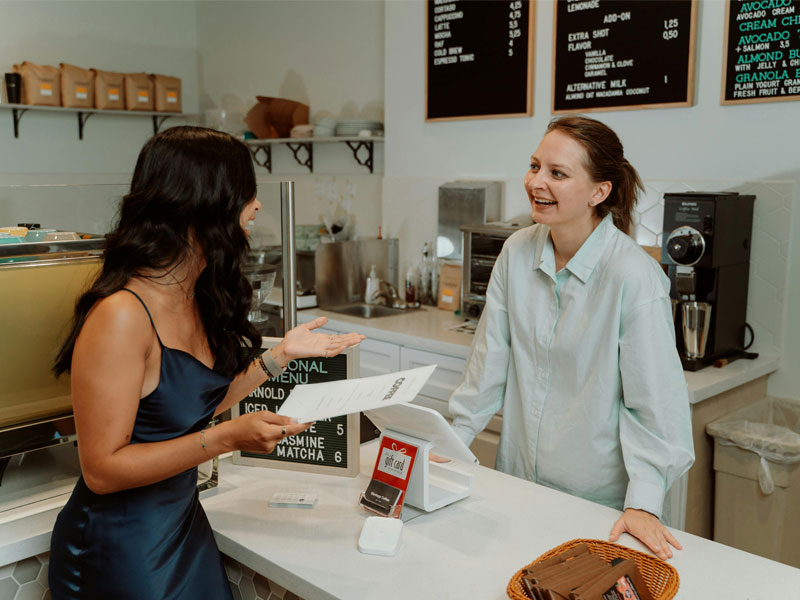Life in Isolation
Published April 24th, 2020

Life in isolation has challenged all of us to adapt to the current state of abnormality. We asked our Cafestudy community how they have been impacted by the lockdown and what they were doing to adapt to it. It has been revealed that while change is compulsory, using isolation as an opportunity is optional.
Changes
All of us have had to make changes during this period, with the two biggest changes coming in the form of employment arrangements and social interactions.
Those still with their jobs have adapted well to working from home, as technology is being relied upon even more so, with the increased usage of Zoom, Slack and other communication tools. Unfortunately, many have had their work hours reduced or have even lost their jobs.
The situation has forced me to take a step back and live a bit of a 'slower' life (as I have no job anymore).
I’m one of the lucky ones. I'm on a temporary work contract until the end of June and I am able to work from home. I'd feel a lot more comfortable if I had a permanent job, but any work at the moment is a plus.
Easter was very different this year. A day that is usually spent with loved ones, Easter became a reminder for many that those big family gatherings will have to be put on hold for the time being.
I miss catching up with friends and family.
Not being able to visit my elderly Mum, who has congestive heart failure, has been the most difficult thing to deal with.
Opportunities
Many have seen their time in isolation as an opportunity. Technology has allowed for us to resume many activities such as exercising or talking with friends/family, while being able to learn new skills such as learning languages or learning new recipes in the privacy of our own homes. Others have used their time in isolation to complete projects around the house, such as renovations or gardening.
I’ve taken up my Spanish lessons again.
I am following exercise routines such as Activ8 on Zoom.
Adapting to change
When forced to adapt people have been inventive, opened their eyes to new opportunities and structured their lives to be the most productive within constraints/confines. Brands and businesses can learn a lot from how everyday people are coping with this new normal. It is becoming obvious which businesses are ahead of the curve and which are desperately playing catch up or keeping their heads buried in the sand. This is not a time for 'Business as usual’.
Being adaptable & flexible has allowed me to accept the situation as it is.
In addition to not working and not living in our own home, we have had to adapt to the limitations of what we have with us.
Our latest thinking
AI In Research – What does it mean for Edentify and you?
There is a lot of buzz about AI in the market research industry at the moment. The technology is developing quickly, and it's difficult to keep up with everything that is going on.At Edentify, we have been using AI tools for a number of years. Some are built into our survey platform and you have...
Read moreImprove Your Customer Experience with Voice of the Customer Research
Whether you have an existing VoC program in place, or you are looking to start one, it’s not always easy to know what to do. Here are a few tips to point you in the right direction:1. Ask the Right QuestionsIt all starts with the questions you ask. If you only focus on "How satisfied are...
Read moreVoice of the Customer gives customers a voice. But what questions should we ask them?
There is one topic that is guaranteed to come up in every discussion I have had with a client looking to measure their customer satisfaction: what question should we ask?My answer is usually (like so often in market research): well, it depends.For many years, the common wisdom suggested that Net...
Read moreSample Quality Counts
Good quality sample – making sure you are talking to the right people – is a fundamental of good research. It's the first step in ensuring good quality research and without it, our data is meaningless, or worse, misleading.This is not just an issue when using a research panel –...
Read more


